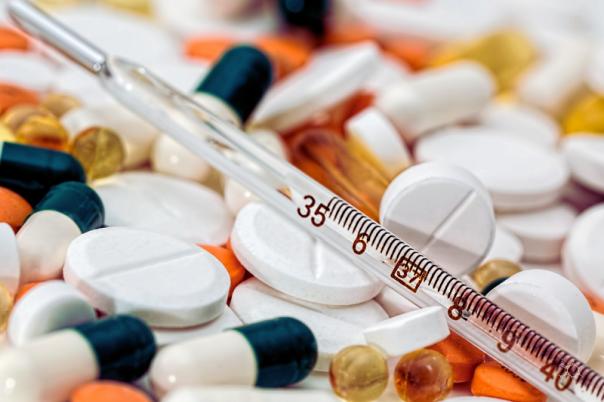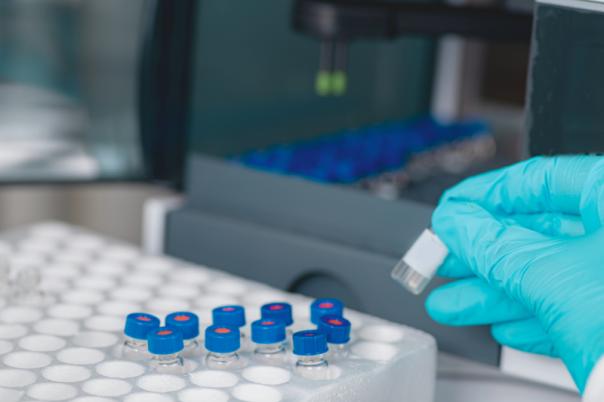Kejin Zhou, Founder and Chief Executive Officer at Reinvigoron, explored the intricacies of lipid nanoparticle (LNP) design for targeted drug delivery, particularly in the context of RNA therapeutics. He began by highlighting the challenges of ensuring nanoparticles reach the correct intracellular destinations, such as the cytosol, to activate gene silencing mechanisms effectively.
Emphasising a “KISS” (Keep It Simple and Specific) design philosophy, Zhou stressed the importance of aligning chemical and compositional strategies with the desired therapeutic profile. He unpacked the structural nuances of LNPs and homed in on ionisable lipids and their role in determining organ-specific delivery.
Through comparative studies of two structurally similar nanoparticles: 5A2 and 3A5 he illustrated how minor chemical differences can lead to significant variations in delivery efficacy, particularly to hepatocytes.
The discussion extends to the role of Kupffer cells in the liver as barriers to delivery and how protein corona formation, influenced by lipid composition, affects nanoparticle fate and distribution. Zhou also pointed out several studies showing how surface charge modulation can direct nanoparticles to specific organs. For instance. positive charges favour lung delivery and negative charges favour spleen delivery.
Zhou concluded by reflecting on the broader implications of protein corona dynamics, the translational gap between animal models and humans. He also touched on the layered nature of toxicity in nanoparticle systems.





